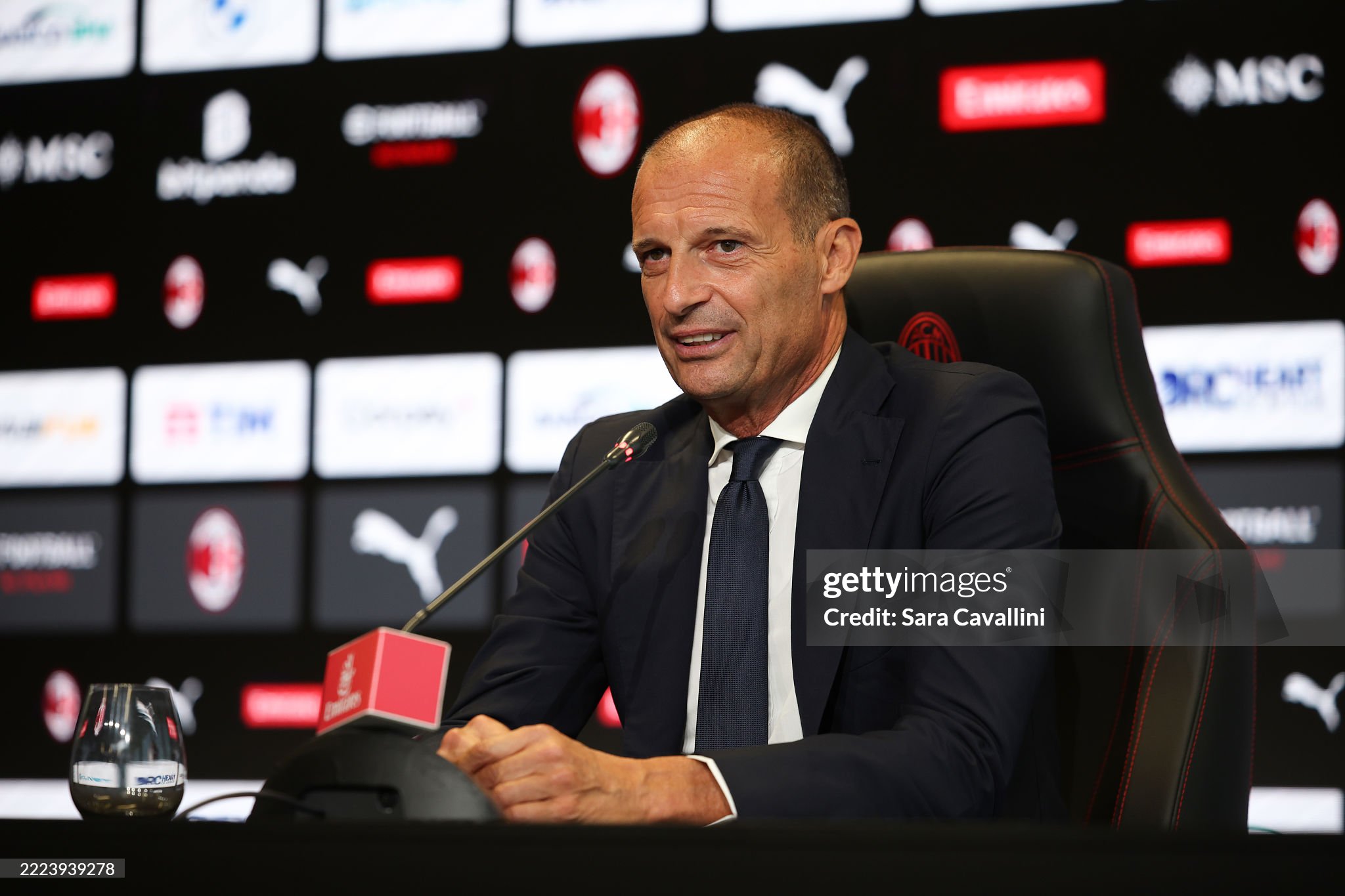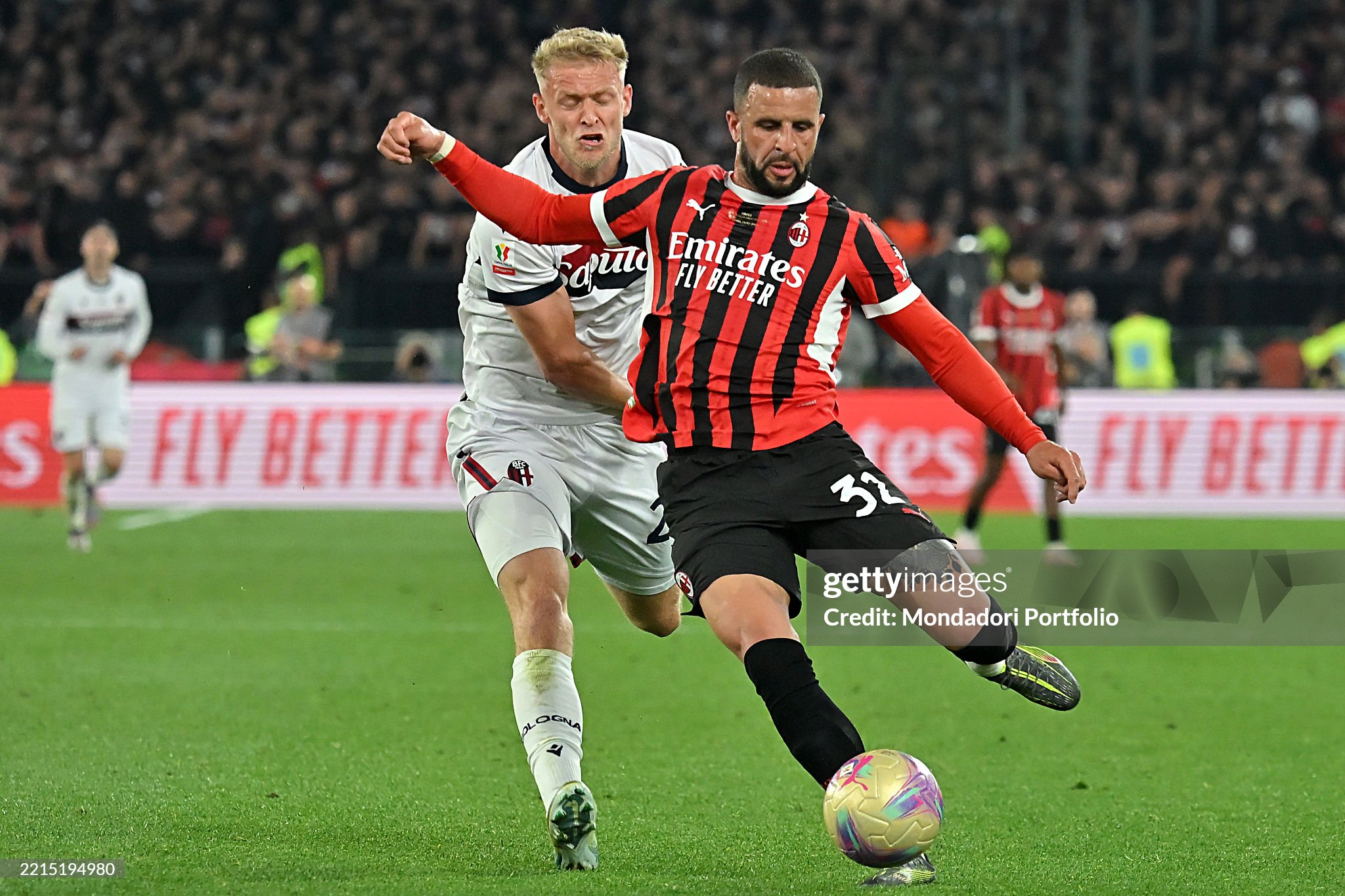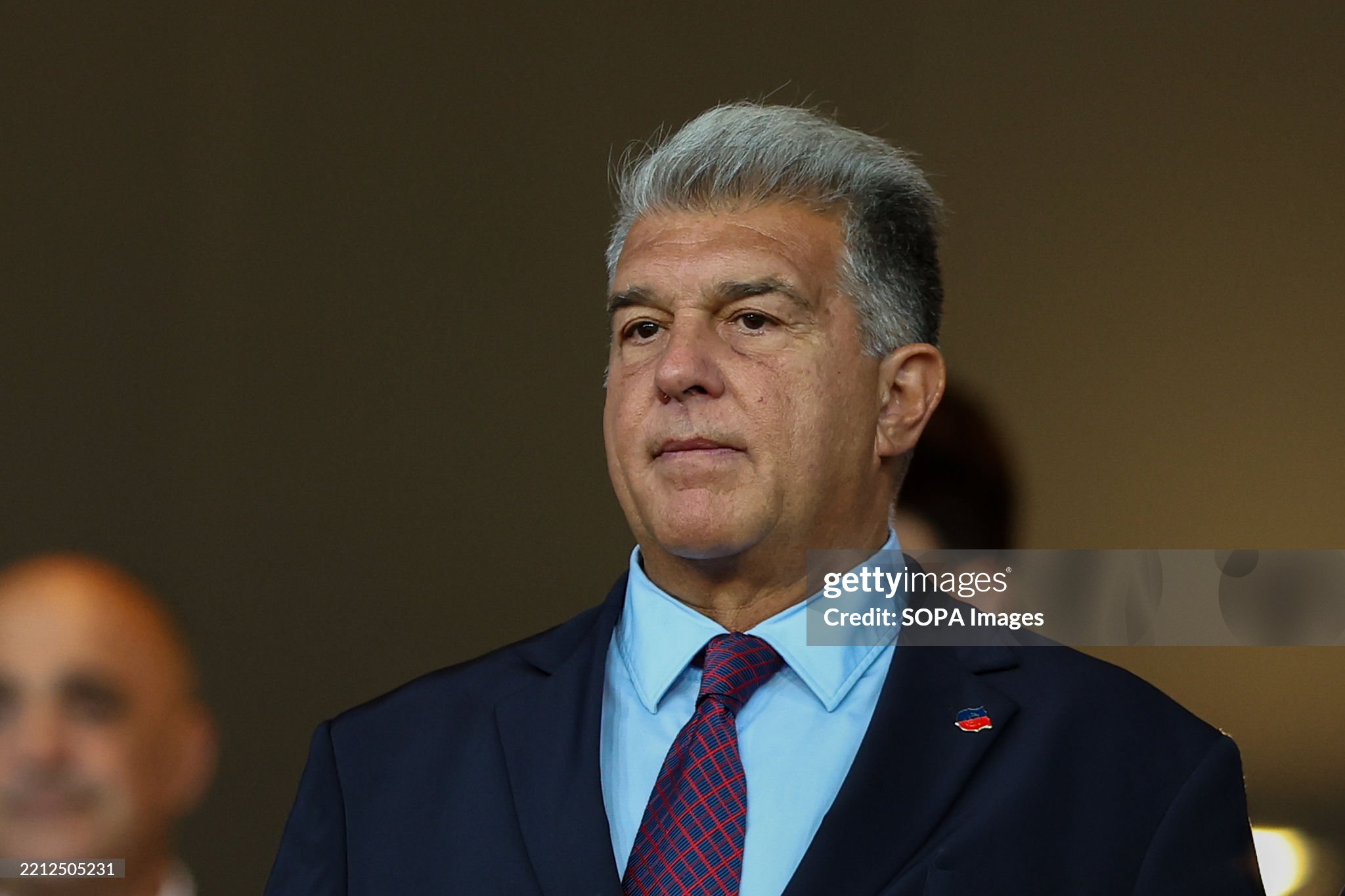Willi Orbán issued a statement agreeing with the Manchester City defensive midfielder, who warned that top-level players have started considering going on strike if FIFA and UEFA continue to increase the number of games in the sports calendar.
Willi Orbán's statement has added more fuel to an ongoing debate among elite footballers about the increasing demands being placed on them by governing bodies such as FIFA and UEFA.
As football's global calendar becomes more congested, many players are voicing their concerns, fearing that the relentless schedule is taking a significant toll on both their physical and mental well-being.
Orbán, who plays as a central defender for RB Leipzig, took a firm stand in support of Manchester City's Rodri, who recently highlighted the mounting strain on players due to the growing number of matches in top-tier competitions. Rodri, a key figure for Manchester City and Spain, was one of the first high-profile players to publicly warn that players are seriously considering going on strike if the authorities continue to pack the calendar with more fixtures. Orbán’s statement reiterates this concern, emphasizing the real risks that come with pushing athletes to their physical limits.
Orbán's words come at a critical time, with Leipzig set to begin their Champions League campaign under the newly revised format, which now includes eight matches in the regular phase, compared to six in previous seasons. For many players like Orbán, this adjustment not only means additional physical demands but also less time for recovery. This intensification of the calendar is compounded by the fact that these players are also representing their national teams in international competitions and will soon be participating in the expanded FIFA Club World Cup. Orbán's frustration is palpable as he reflects on how this constant cycle of high-intensity matches leaves little room for players to rest and recover, which could lead to serious consequences for their health.
In his statement, Orbán made it clear that while he loves playing football at the highest levels whether for his club in the Champions League and Bundesliga, or for his country, Hungary there are natural limits to how much the human body can endure. The Hungarian international pointed out that, as much as his passion for the game drives him to want to play more, his body is not always capable of keeping up with the grueling demands of the modern football calendar. "Even though my heart wants more and more football, my body can't keep up," Orbán admitted. He believes the current situation has reached a dangerous point where the physical toll on players could lead to long-term health risks.
Orbán's concerns extend beyond just the physical exhaustion that comes with playing more games. He also touched on the mental strain that accompanies constant travel and the pressure to perform at the highest level, game after game. "This is without even mentioning mental health," he said, stressing that players are not machines and that the emotional burden of constant competition can have a significant impact. The mental side of the game, which is often overlooked in discussions about the crowded schedule, is a growing area of concern for many athletes, and Orbán's words underline the importance of addressing it.
Furthermore, Orbán warned that this overextension of players doesn't only harm their health but can also affect the quality of the game itself. Fatigued players are more prone to injuries, and their performance can suffer when they are not given enough time to recover. This, in turn, affects the overall quality of matches, as tired players are less likely to perform at their best. Orbán's message is clear: if the game is to maintain its high standards, players need to be protected from excessive fatigue.
As the football industry becomes increasingly commercialized, with more competitions and more matches added to the calendar in the pursuit of greater revenues, the voices of players like Orbán and Rodri are a reminder that there is a human cost to this relentless expansion. Despite the millions that top players earn, Orbán pointed out that no amount of money can overcome the physical limitations of the human body. "No matter how many millions someone earns in this sport, physical limits are real," he emphasized.
Orbán's call for caution is particularly timely, as more players and coaches have begun to speak out against the overloading of the football calendar. This trend, if left unchecked, could lead to increased player burnout, injuries, and even shortened careers. The fact that such a prominent player from one of Europe's leading clubs has spoken so openly about the issue reflects a growing sense of urgency within the football community to address the problem before it spirals out of control.
With high-profile tournaments like the expanded Champions League and Club World Cup on the horizon, Orbán’s statement serves as a wake-up call to football's governing bodies. His plea for prioritizing player health over the financial interests of adding more fixtures is not just a personal opinion but a sentiment echoed by many top-level players who are struggling to cope with the ever-growing demands of modern football. The message is clear: while the game itself may be expanding, the physical and mental well-being of the players who make it possible must not be overlooked.








